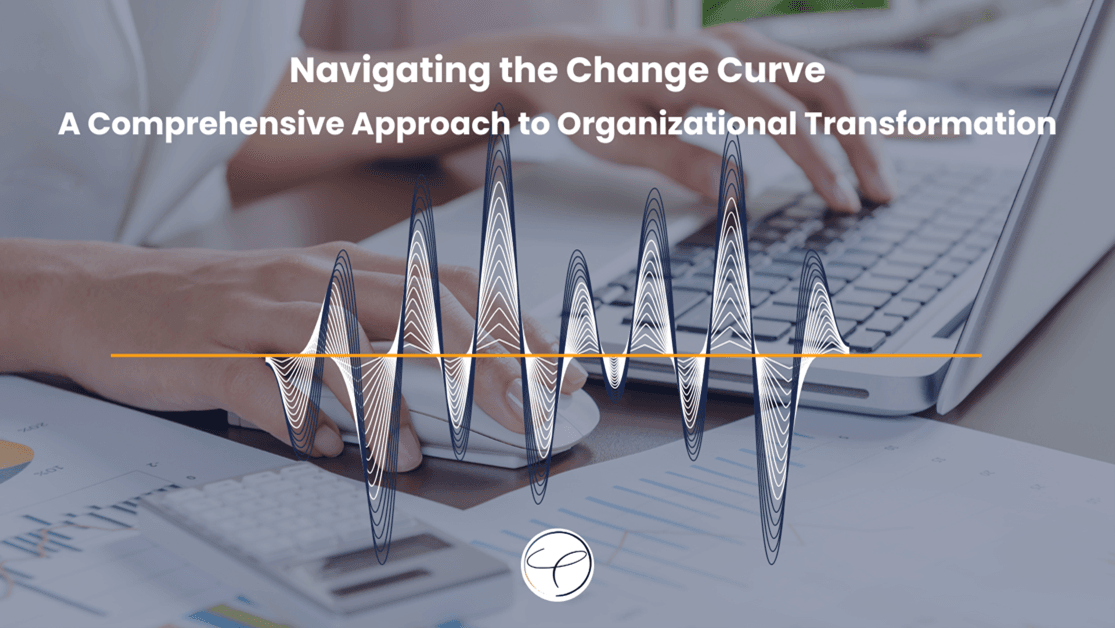

Change Management Blog
Change Management Metrics You Can Use to Measure OCM Success
October 30, 2023
Racha Kabbani: Brand Growth & Marketing Custodian
Time to Read: 2 Min
Measuring the Success of Organizational Change Management (OCM):
Key Metrics to Consider
If your organization is embarking on an ERP project with a focus on Organizational Change Management (OCM), you may encounter stakeholders who are skeptical or curious about the relevance of OCM. To address their concerns and demonstrate the value of OCM, it's essential to track meaningful Change Management metrics.
OCM, a critical aspect of any enterprise software implementation, focuses on managing the "people side" of change.
However, determining which data points to monitor can be challenging. In this regard, we present six core metrics that provide insights into OCM success and why they are important:
Employee Engagement:
Active employee engagement indicates that your Change Management efforts are effective in creating Awareness, Desire, Knowledge, Ability, and Reinforcement (ADKAR) for sustaining long-term organizational change.
Monitor employee participation in project activities, contributions, and retention rates to gauge engagement levels.
Employee Feedback:
Regularly gather employee feedback regarding organizational changes to ensure employees understand and embrace new processes or technology.
Use feedback to refine your Change Management communication plan and enhance system usability and adoption.
Help Desk Calls and Support Requests:
Keep track of the frequency and themes of support questions directed to your IT help desk.
High volumes of support requests may indicate insufficient end-user training and signal the need for additional training efforts.
System and Process Adoption:
Measure the percentage of employees using the new system and their proficiency.
Identify if employees revert to old processes, which could indicate resistance or inadequate Change Management efforts.
Adherence to Project Plan and Timeline:
Project delays should be investigated to determine their causes, including organizational issues such as change resistance.
Ensure employees are adequately informed about project activities to prevent resource availability issues and lack of system usage.
Benefits Realization and ROI:
Correlate Change Management activities with ERP benefits realization metrics defined by the project team.
Track how communication, employee buy-in, system usage, and training attendance contribute to achieving expected benefits and return on investment (ROI).
Measuring these Change Management metrics allows you to demonstrate tangible business value resulting from your OCM efforts. Emphasizing outcome-oriented metrics, particularly those related to benefits realization, will capture the attention of executives.
Continuously tracking these metrics throughout the project can help identify and address issues, ensuring a successful Change Management process.
To learn more about developing a Change Management plan and effectively measuring its impact, connect with our Organizational Change Management consultants below.
RelatedBlog Articles



